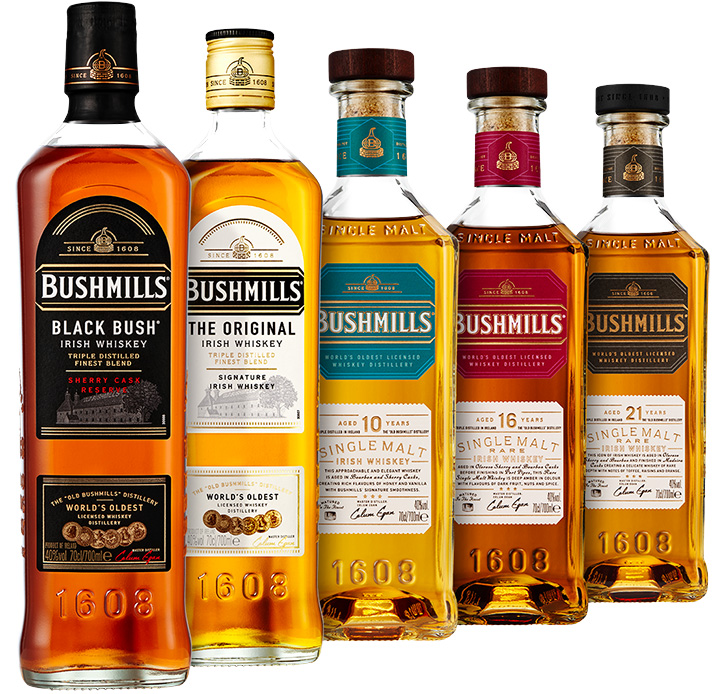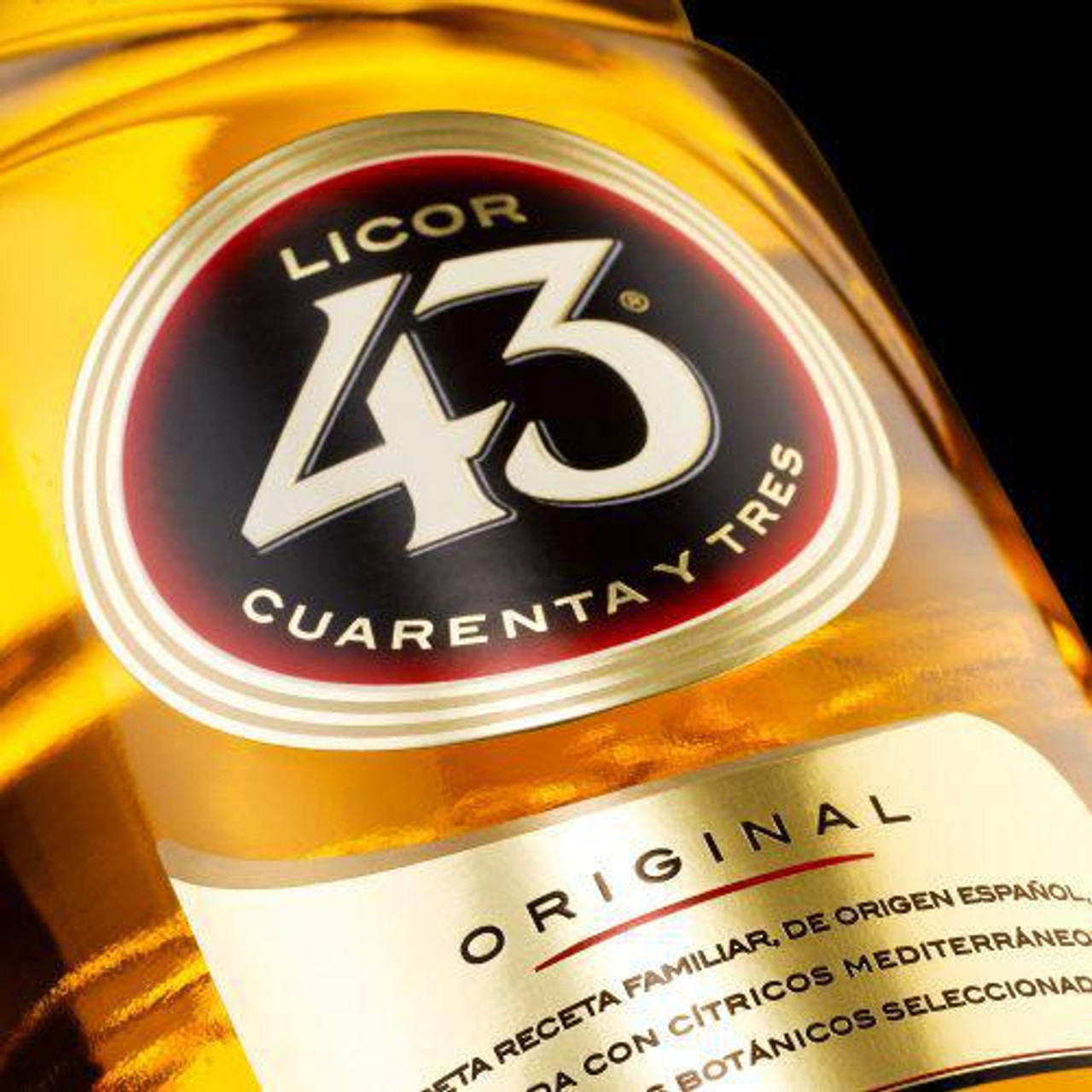The Ultimate Guide to Irish Whiskey
Irish whiskey, often referred to as “uisce beatha” meaning “water of life” in Irish, is more than just a drink; it’s a symbol of Irish heritage and culture. Renowned for its smooth and approachable flavor, Irish whiskey is a favorite among both seasoned connoisseurs and those new to the world of whiskey. This guide will take you through the rich history, production process, types, and ways to enjoy Irish whiskey, ensuring you appreciate every drop of this storied spirit.
Table of Contents
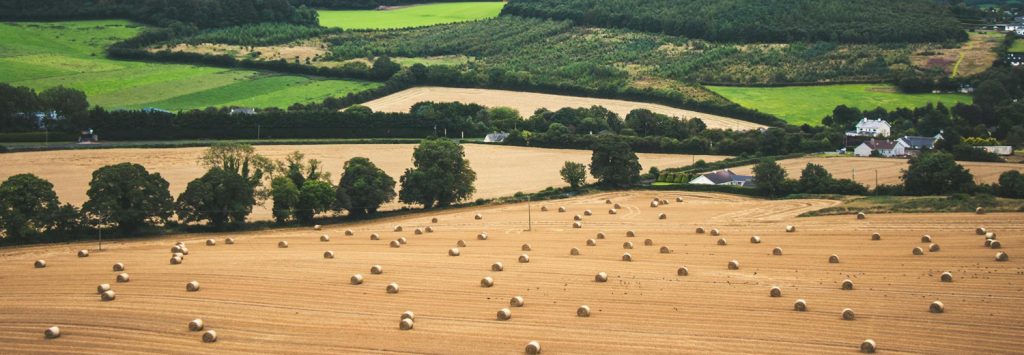
History of Irish Whiskey
Early Beginnings
The history of Irish whiskey dates back to the 12th century when monks first distilled the spirit. Initially used for medicinal purposes, it quickly became popular for its warming effects and pleasant taste.
Golden Age
The 18th and 19th centuries marked the golden age of Irish whiskey, with over 1,000 distilleries operating across Ireland. The spirit was highly sought after worldwide, renowned for its quality and distinctive character.
Decline and Resurgence
The early 20th century saw a sharp decline due to factors such as Prohibition in the United States, trade wars, and the rise of Scotch whisky. However, the late 20th and early 21st centuries have witnessed a remarkable resurgence, with new distilleries opening and global demand increasing.
The Distillation Process
Ingredients
Irish whiskey is made primarily from malted and unmalted barley, water, and yeast. These simple ingredients are transformed through a meticulous process.
Triple Distillation
One of the key characteristics of Irish whiskey is its triple distillation process, which contributes to its smoothness. This process involves distilling the spirit three times in copper pot stills, ensuring a cleaner and lighter product.
Aging Process
After distillation, the whiskey is aged in wooden casks, typically oak, for a minimum of three years. This aging process imparts complex flavors and characteristics to the whiskey, with longer aging resulting in more refined and nuanced spirits.
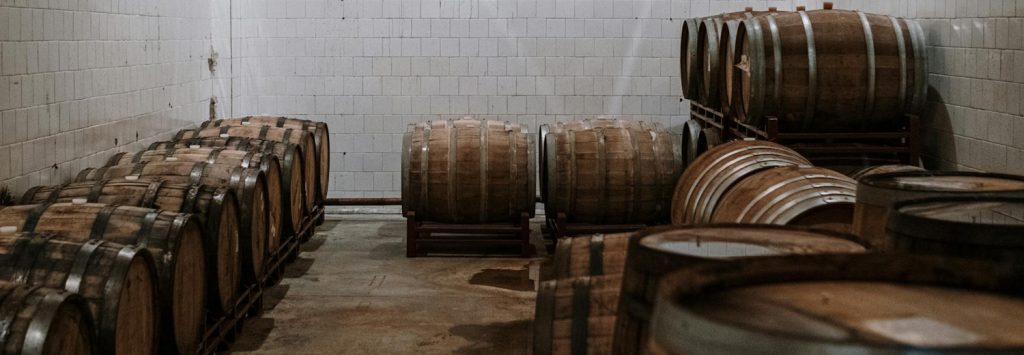
Types of Irish Whiskey
Single Malt
Made from 100% malted barley in a single distillery, single malt Irish whiskey is known for its rich and robust flavor profile.
Single Pot Still
Unique to Ireland, single pot still whiskey combines malted and unmalted barley, resulting in a spicy and full-bodied spirit.
Grain Whiskey
Produced from various grains such as corn, wheat, or rye, grain whiskey is lighter and often used in blends.
Blended Whiskey
Blended Irish whiskey is a mix of single malt, single pot still, and grain whiskey, offering a balanced and versatile flavor.
Also: read our extensive blog about the differences between single malt and blended whiskey.
Famous Irish Whiskey Brands
Jameson
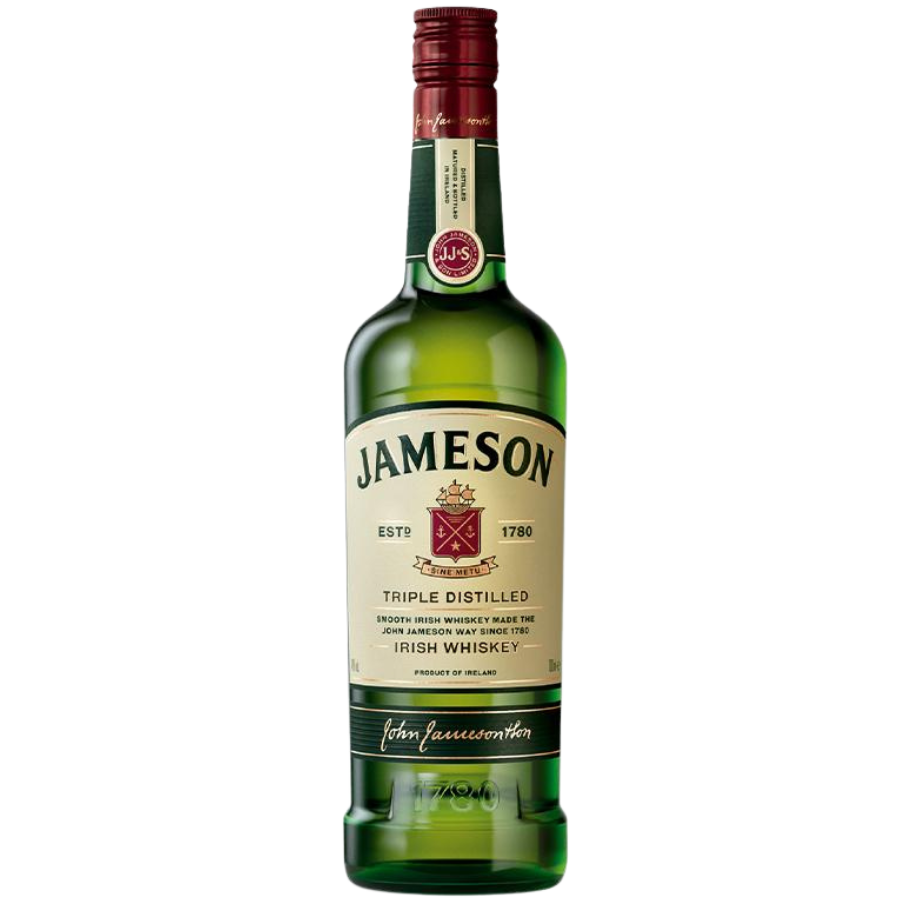
Perhaps the most famous Irish whiskey brand, Jameson is known for its smooth and mellow character, making it a favorite worldwide.
Bushmills
With a history dating back to 1608, Bushmills is one of the oldest distilleries in Ireland, offering a range of rich and complex whiskeys.
Redbreast
Renowned for its single pot still whiskey, Redbreast is celebrated for its depth of flavor and luxurious finish.
Teeling
A newer player in the market, Teeling Distillery has quickly gained a reputation for innovative and high-quality whiskeys.
Irish Whiskey vs. Scotch
Key Differences
While both Irish whiskey and Scotch are made from similar ingredients, the primary differences lie in the production methods. Irish whiskey is typically triple-distilled and often unpeated, resulting in a smoother taste, whereas Scotch is usually double-distilled and may be peated, giving it a smoky flavor.
Production
Irish whiskey often incorporates both malted and unmalted barley, while Scotch primarily uses malted barley.
Taste Profile
Irish whiskey tends to be smoother and lighter, with notes of vanilla, honey, and fruit, while Scotch is more robust, with flavors of smoke, peat, and spice.
Irish Whiskey Tourism
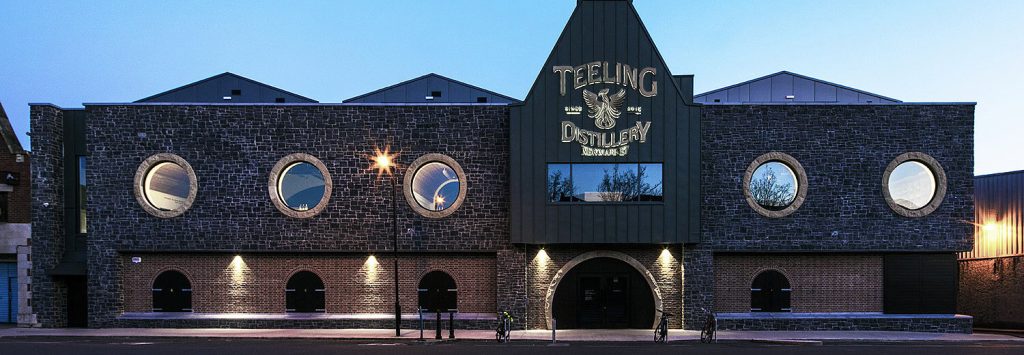
Distillery Tours
Visiting a distillery offers a unique insight into the production process and a chance to sample different whiskeys. Popular tours include Jameson Distillery Bow St., Old Bushmills Distillery, and Teeling Distillery.
Whiskey Trails
Ireland boasts several whiskey trails, such as the Dublin Whiskey Trail and the Wild Atlantic Way Whiskey Trail, allowing enthusiasts to explore multiple distilleries and enjoy the scenic beauty of Ireland.
Common Myths about Irish Whiskey
Debunking Myths
- Myth: Irish whiskey is always triple-distilled.
- Fact: While most Irish whiskey is triple-distilled, some distilleries opt for double distillation.
- Myth: Irish whiskey is weaker than Scotch.
- Fact: The strength of whiskey is determined by its alcohol content, which can be similar in both Irish and Scotch whiskeys.
Popular Misconceptions
- Misconception: All Irish whiskey is smooth and sweet.
- Reality: There is a wide range of flavors in Irish whiskey, from light and sweet to rich and spicy.
Irish Whiskey in Popular Culture
Movies
Irish whiskey has been featured in numerous films, symbolizing warmth and tradition, such as in “The Quiet Man” and “P.S. I Love You.”
Music
Songs like “Whiskey in the Jar” by Thin Lizzy and “Streams of Whiskey” by The Pogues celebrate the spirit.
Literature
Irish whiskey appears in the works of famous authors like James Joyce and Brendan Behan, reflecting its cultural significance.
Irish Whiskey Festivals and Events

Key Events
- Whiskey Live Dublin: An annual event showcasing a wide range of Irish whiskeys.
- Belfast Whiskey Week: A celebration of whiskey with tastings, tours, and masterclasses.
What to Expect
At these festivals, attendees can expect to sample rare and exclusive whiskeys, attend informative talks, and enjoy live entertainment.
Frequently Asked Questions
What is the difference between Irish whiskey and Scotch?
Irish whiskey is typically smoother and lighter due to its triple distillation process, while Scotch often has a smoky flavor from peated malt.
Can I use Irish whiskey in cocktails?
Absolutely! Irish whiskey is versatile and works well in both classic and modern cocktails.
What are some good beginner Irish whiskeys?
Jameson, Bushmills Original, and Teeling Small Batch are great choices for beginners.
What food pairs well with Irish whiskey?
Cheese, chocolate, and seafood are excellent pairings for Irish whiskey.
Conclusion
Irish whiskey, with its rich history, diverse flavors, and cultural significance, offers a delightful journey for enthusiasts and newcomers alike. Whether you’re sipping it neat, mixing it into a cocktail, or exploring its heritage through distillery tours, there’s always something new to discover about this beloved spirit. Cheers to enjoying the timeless allure of Irish whiskey!
Moving Spirits: liquor wholesale with a huge collection of Irish whiskyy brands in stock!
With an assortment of over 2000+ brands in stock, you can find many different whiskies, such as Jameson. Teeling and Bushmills at our liquor wholesale. We have always 100+ brands of malt, 80+ brands of blends and 20+ bourbon whiskies in stock. In our sales portal you can see our stock in real time, 24/7 and you can place your order in just a few clicks. Just create an account to access our inventory whenever and wherever you want.
Thanks to our extensive worldwide network of suppliers, we often have what you are looking for. So feel free to challenge us! As a liquor wholesaler, Moving Spirits serves business customers throughout Europe and beyond.


